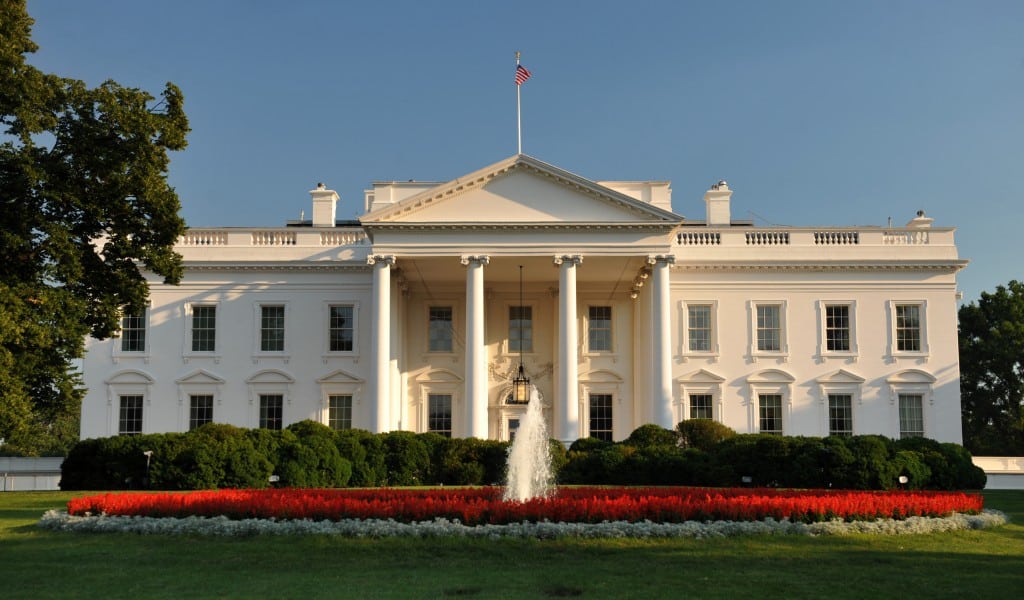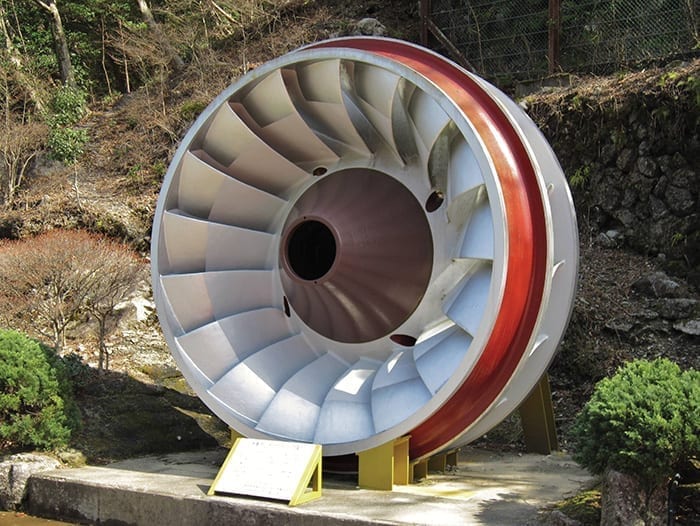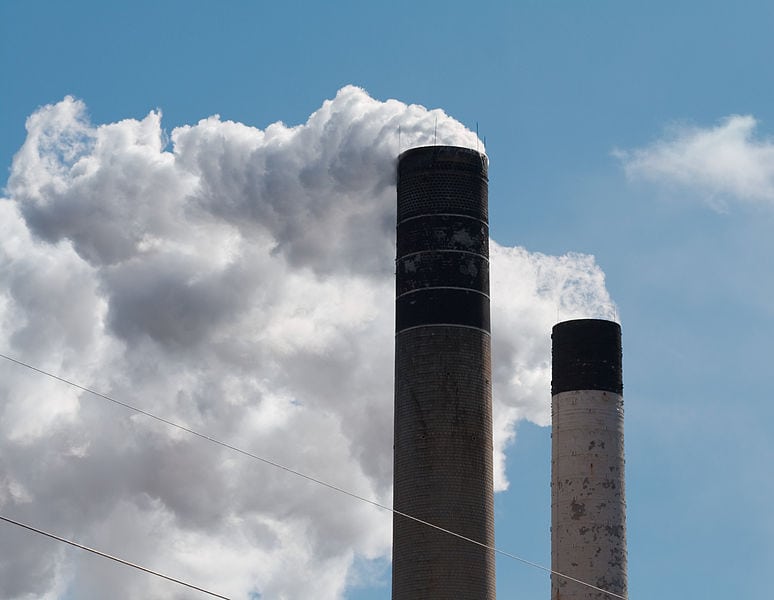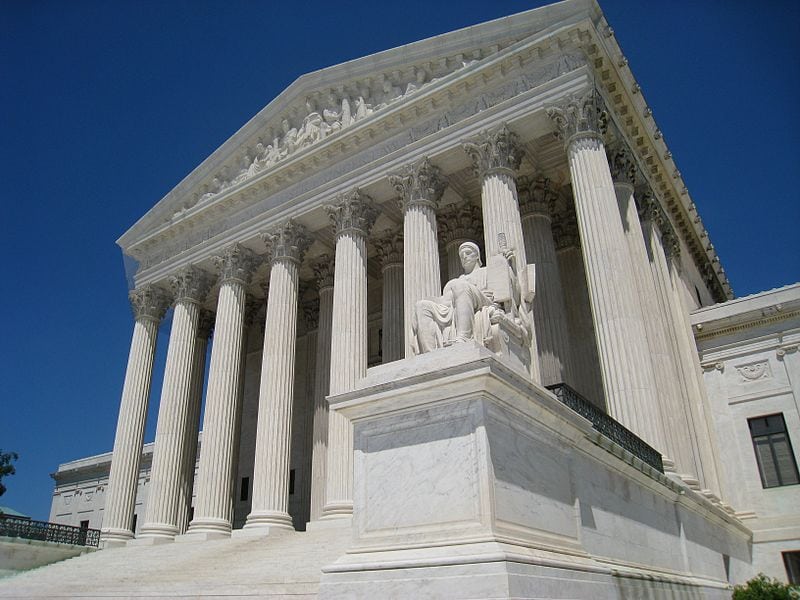A divided panel from the U.S. Court of Appeals for the D.C. Circuit last week ruled that Texas, Wyoming, and industry groups lacked standing to challenge rules by the Environmental Protection Agency (EPA) related to state greenhouse gas (GHG) permitting requirements.
Texas, Wyoming, the Utility Air Regulatory Group, and the National Mining Association had petitioned the appellate court for review of five rules designed to ensure that a permitting authority existed to issue the required GHG permits. The petitioners argued that the rules are based on an "impermissible" interpretation of the Clean Air Act’s Part C Prevention of Significant Deterioration (PSD) program and violate the Act’s “orderly process” for revision of state implementation plans (SIPs).
After the U.S. Supreme Court held in 2007 with Massachusetts v. EPA that GHGs qualify as an air pollutant under the Clean Air Act, the EPA identified 13 states—among them, Texas and Wyoming—that lacked an adequate GHG permitting processes. The agency then proposed rules in August 2010 that set up a federal implementation plan (FIP) under which the EPA could assume the authority to issue PSD permits for GHG emissions in those states. Texas is the only state that refused to comply with the rules that took effect on Jan 2, 2011.
Texas Gov. Rick Perry, Attorney General Gregg Abbott, and a host of state bodies, including the Texas Commission on Environmental Quality, had then said in a filing with the appellate court that the EPA’s decision to partially disapprove Texas’ state PSD and title V regulations and impose a FIP without traditional public notice-and-comment procedures is illegal.
In June 2012, the D.C. Circuit ruled, however, that the EPA was "unambiguously correct" in its interpretation of the Clean Air Act to regulate carbon dioxide emissions.
Last week, the court decided 2–1 that the Clean Air Act "unambiguously requires a PSD permit setting forth emission limitations for each pollutant subject to regulation under the act before a major emitting facility may be constructed, even when the applicable SIP has not been updated to include requirements for newly regulated pollutants."
The panel also threw out arguments that the 10th Amendment prohibits the EPA from forcing states to give up their rights in order to carry out federal policy. The court pointed out that the Supreme Court has "repeatedly affirmed the constitutionality of federal statutes that allow states to administer federal programs but provide for direct federal administration if a state chooses not to administer it."
"Because we now hold that under the plain text of [the Clean Air Act] the permitting requirements are self-executing without regard to previously approved SIPs, industry petitioners fail to show how they have been injured in fact by rules enabling issuance of the
necessary permits," wrote Judge Judith Rodgers for the court. Judge Rodgers was joined by Judge David Tatel. Judge Brett Kavanaugh dissented.
"State petitioners likewise fail, in the face of Congress’s mandate in CAA § 165(a), to show how vacating the rules would redress their purported injuries. Accordingly, because petitioners lack Article III standing to challenge the rules, we dismiss the petitions for lack of jurisdiction," the court ruled.
In his dissent, Judge Kavanaugh contended that Texas’s SIP could not be retroactively disapproved on the basis that it was flawed. The SIP "neither (i) updates automatically to incorporate new federal regulations, such as the greenhouse gas regulations, nor (ii) provides express assurances that the state will update its plan as necessary whenever a new EPA regulation issues. But neither the Act nor EPA regulations require either an automatically updating SIP or assurances that the state will reflexively update its plan. So Texas’s SIP was not flawed when EPA approved it 18 years earlier, and it cannot be retroactively disapproved on that basis," he wrote.
Sources: POWERnews, D.C. Circuit
—Sonal Patel, Senior Writer (@POWERmagazine, @sonalcpatel)















